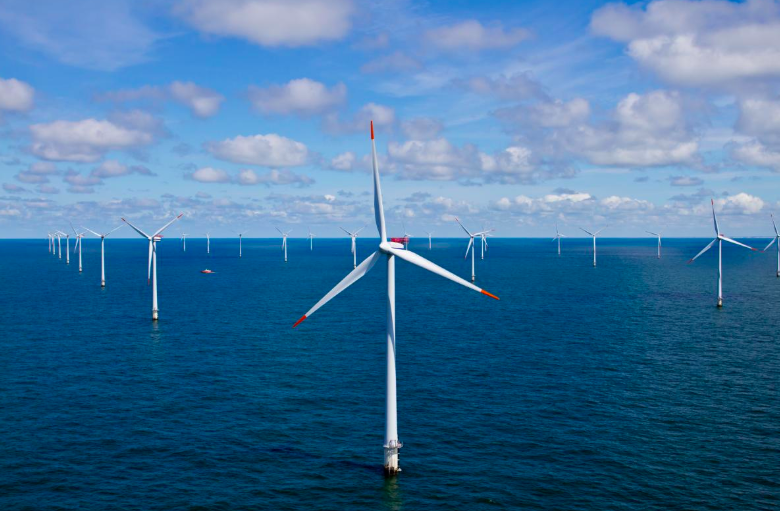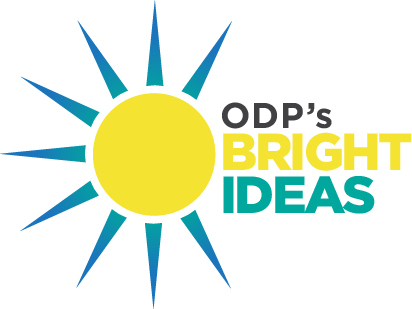

By Mark Spalding and Angel Braestrup
As we have written before (Roundtable Discussion, Looking at the Small Details, The New Blue Economy, Sustainable Blue Economy Conference), the (new) Blue Economy is the subset of the ocean economy’s activities that are positive for the ocean. A “true blue” economic perspective would limit large scale industrial activity in the ocean, from energy extraction to industrial fishing—and focus on reducing the biggest threats to ocean health: excess greenhouse gas emissions.
Broadly speaking, the Green New Deal similarly envisions a “massive program of investments in clean-energy jobs and infrastructure, meant to transform not just the energy sector, but the entire economy. It is meant both to decarbonize the economy and to make it fairer and more just.” The devil is always in the details, but in our view, this Blue Economy vision should not be overlooked in developing the Green New Deal. The key elements within the framework of the Green New Deal should ensure an overall more sustainable Blue Economy that supports a healthy ocean and thus healthy human communities – with an emphasis on the shipping, energy production, and fisheries sectors.
Shipping: Transporting goods, raw materials, and even people by sea (and rivers) is by far the most energy efficient way to do so. Within the framework of the International Maritime Organization and other agreements, the shipping industry has been increasingly innovative in its response to demands for cleaner shipping through lower emissions, improved efficiency (new hybrid wind vessels and electric ferries are just two examples), and ballast water treatments that help reduce invasive species without dumping new toxins in coastal waterways. It cannot be said that every shipping entity is already a forward-thinking actor—but the groundwork is being laid technologically and logistically to improve shipping at every level.
Energy Production: For a healthier ocean, energy production does need to shift away from the dirty, harmful work of exploring for, extracting and burning oil and gas—especially in the ocean. From seismic tests to drilling muds, the impact on ocean life and habitat is negative in both the short and long term—even without consideration of spills from platforms, pipelines, or ship groundings. The “blue elements” of a Green New Deal should focus on how and where to best site in-water energy production capacity (especially wind, currents, tidal, and wave energy) and how to increase island communities’ independence from oil and gas imports and improve their ability to restore electricity after storms.
Fisheries: Food security, like energy security, means that at least some portion of production must be decentralized. Where seafood is concerned, we must protect the rights to and supply of seafood for those who depend most on seafood for protein. Investing in small-scale fisheries’ capacity to store seafood safely can improve efficiency by reducing waste—from the net to the plate. A “true blue” fishery management scheme accepts that catch and export of high-value species must not occur at the expense of domestic need or economic activity, emphasizes monitoring and enforcement, and promotes greater domestic processing to improve per ton value of the product to the origin nation. True blue food security would also promote storm-safe, well-monitored onshore seafood production facilities to stabilize supply for processors and consumers alike, and one not so narrowly focused on the luxury market. Moreover, investing in restoring and protecting seagrass meadows, mangroves, and coastal marshes can improve fishery reproduction and recovery. Restoration of these marine habitats has the added benefit of increasing carbon uptake and offering storm surge mitigation benefits while offering employment opportunities in coastal communities.
If we look at the Green New Deal as an opportunity to have a conversation about revitalizing and invigorating new areas of economic activity, and designing the framework of finance, policy, and enforcement to support such investment and growth, such a conversation must include the “blue” opportunities in the 71% of the ocean that is our planet and the 100% of us who depend on her health for our well-being. So let’s roll up our sleeves, put our oars in the water, and launch into the sustainable Blue Economy.
Mark J. Spalding has been the President of The Ocean Foundation since its founding in 2002. Angel Braestrup, who is the Executive Director, The Curtis & Edith Munson Foundation, has been involved in ocean conservation funding for more than 20 years. A longer version of this blog appears on The Ocean Foundation’s website here.
February 16, 2019 » Blue Economy, energy, fisheries, GND, green infrastructure, Green New Deal, ocean, shipping

